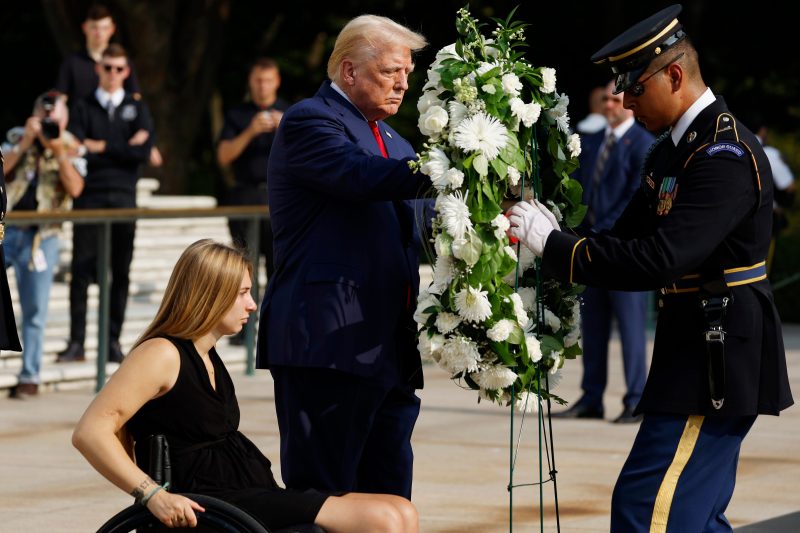As the 2024 presidential election approaches, the topic of military strength has become a central point of contention between former President Donald Trump and Vice President Kamala Harris. Both political figures have been vocal about their plans to bolster the nation’s military capabilities, but they have vastly different approaches to achieving this goal.
Trump, known for his America First policy, has consistently advocated for increased defense spending and a more aggressive foreign policy stance. During his time in office, Trump prioritized expanding the military budget, investing in new technologies, and strengthening alliances with key allies. He has often touted his administration’s efforts to modernize the armed forces and enhance the country’s defense posture.
On the other hand, Harris has emphasized diplomacy and multilateral cooperation as the cornerstone of her foreign policy agenda. She has criticized Trump’s approach as overly confrontational and unilateral, arguing that a more collaborative and strategic approach is needed to address global security challenges. Harris has pledged to work closely with allies and international institutions to promote peace and stability while also investing in non-military tools such as development aid and conflict prevention.
The debate between Trump and Harris over military strength reflects broader differences in their worldviews and policy priorities. Trump’s focus on military power highlights his belief in the importance of projecting strength and deterrence in a world characterized by great power competition. In contrast, Harris’s emphasis on diplomacy underscores her commitment to building relationships and resolving conflicts through dialogue and negotiation.
As the election campaign heats up, voters will have to weigh the competing visions of Trump and Harris on military strength and consider which approach aligns best with their own values and beliefs. Ultimately, the outcome of the election will shape the future direction of US national security policy and its implications for the global order.


